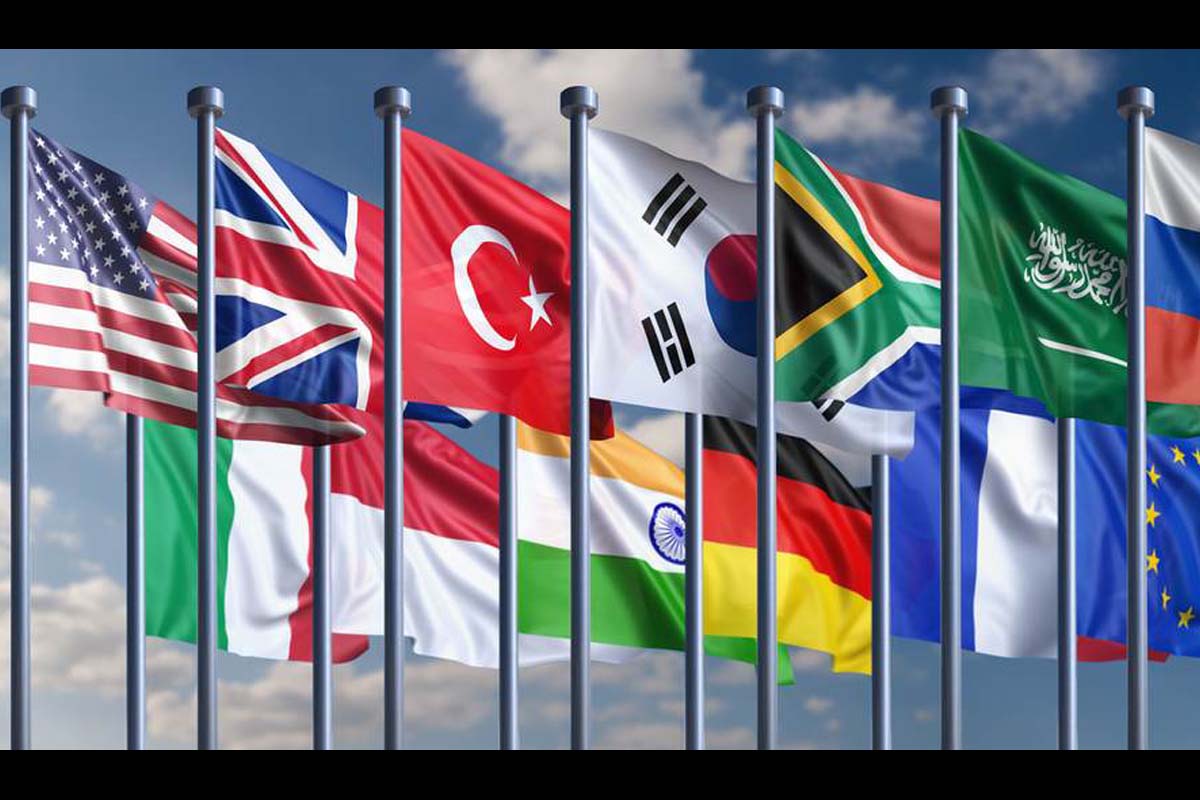Ukraine allocates additional $100 mn for fortifications
The Ukrainian government has allocated an additional 3.88 billion hryvnias ($100 million) to build defence fortifications, Prime Minister Denys Shmyhal said on Telegram.
International law assumes a new economic dimension, as indeed the Russia-Ukraine war, with Friday’s decision of the European Union to approve very shortly what it calls a “phased embargo” on Russian oil.

European Union (Getty Images)
International law assumes a new economic dimension, as indeed the Russia-Ukraine war, with Friday’s decision of the European Union to approve very shortly what it calls a “phased embargo” on Russian oil. It is a measure that has been postponed for as long as it has; the fairly drastic step has divided EU members and underlined their dependence on Russian energy sources. It has taken weeks for EU countries to agree on the contours of the measure. Intensive talks will be held with the European Commission next Wednesday before it puts a finalized proposal on paper for EU ambassadors to approve.
The talks will be held on a sensitive issue, and diplomats are not authorized to speak publicly on the progress of the talks. The oil embargo will be by far the most important step in the European Union’s sixth package of sanctions ever since Russia invaded Ukraine on 24 February. The cache of crippling curbs will include sanctions on Russia’s biggest bank, Sherbank, not to forget measures against “high-profile” Russians. Though Hungary has been dragging its feet, the process should be completed without convening yet another EU leader’s meeting. To drag all 27 Heads of State to Brussels is a time-consuming exercise. The embargo is likely to affect Russian oil transported by tankers more quickly than oil coming by pipeline, which could take months. It is likely that the EU will allow its members to wind down existing contracts with Russian oil companies, as it did with its coal ban.
Germany has been critical in finalizing the new measure. It happens to be the EU’s economic leader and was importing about a third of its oil from Russia at the time of the Ukraine invasion. However, its influential energy minister, Robert Habeck, has claimed that Germany had been able to cut that to just 12 per cent, thus making a full embargo “manageable”. Rus- sia is Europe’s biggest oil supplier, providing about one-quarter of the bloc’s annual needs. As the oil embargo is phased in, the EU bloc will seek to make up the shortfall by increasing imports from other sources, notably the Persian Gulf countries, Nigeria, Kazakhstan and Azerbaijan.
Advertisement
The embargo, even if softened by a phase-in period is likely to exert pressure on global oil prices, which is bound to compound the already high energy costs the world over. To defuse the energy crisis, Janet Yellen, the US treasury secretary, has floated an idea to lessen the impact. It envisages the imposition of a tariff or a price cap on Russian oil, instead of an outright embargo. But the proposal is yet to be endorsed by European nations in general. While Europe fine-tunes its energy strategy to bring it in line with security imperatives, nations outside that continent, too, must calibrate their responses based on their own needs.
Advertisement